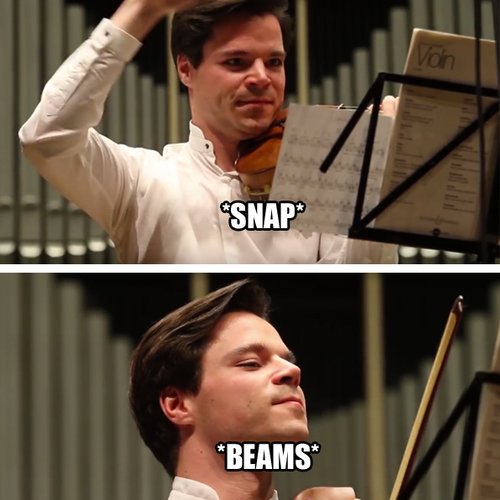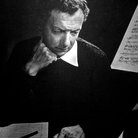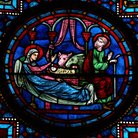Britten: 15 facts about the great composer
He changed the face of British opera and composed some of this century's best-loved choral works, but how much do you really know about Benjamin Britten? Marking 100 years since his birth, discover 15 fascinating facts about the great man.
-
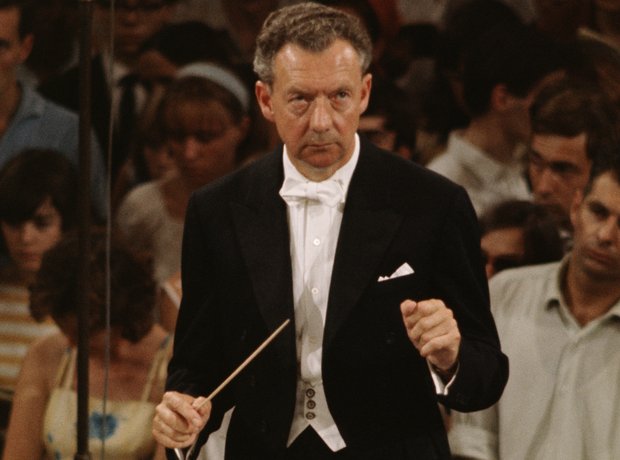
1. Benjamin Britten (1913-1976)
Edward Benjamin Britten was an English composer, conductor and pianist. He's best-known for his substantial operatic output, including Peter Grimes, Billy Budd and The Turn of the Screw, among others, but also wrote song cycles and a large number of orchestral works.
-
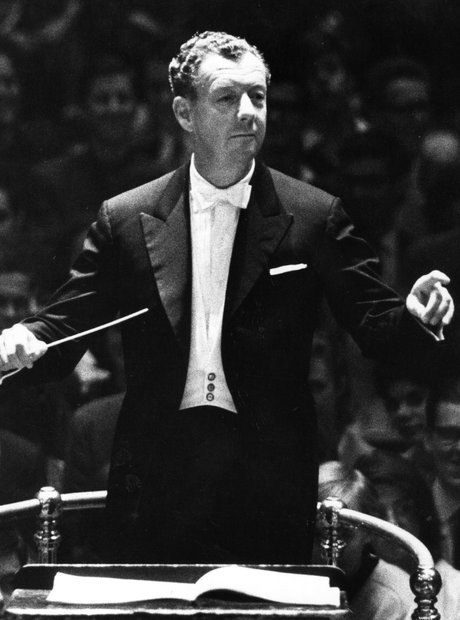
2. Britten's health
After contracting pneumonia when he was three months old, Britten struggled with his health throughout his life. He was also extremely sensitive to criticism, and often disowned former friends who offended him.
-
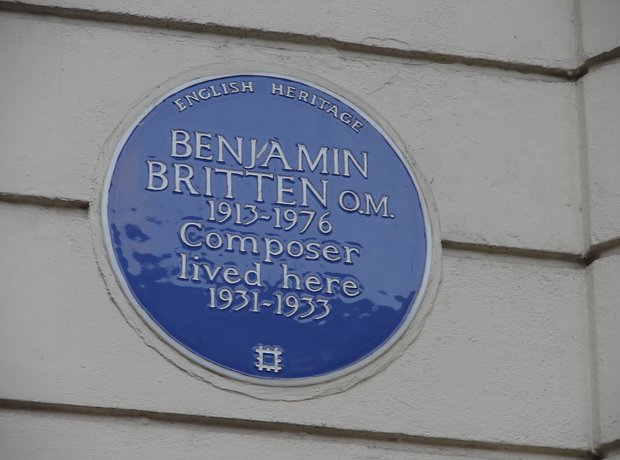
3. Britten in London
As a young boy, Britten attended a local fee-paying elementary school in his hometown of Lowestoft, before moving to Gresham's School in Norfolk in 1928. He stayed there for two years before winning a scholarship to the Royal College of Music in London, where he studied with John Ireland and Ralph Vaughan Wiliams.
-
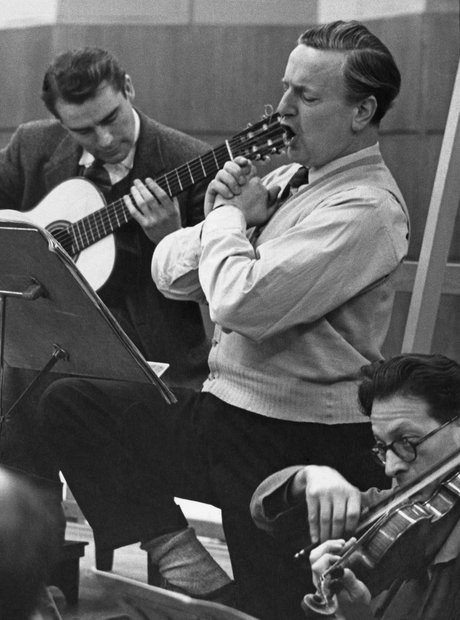
4. Britten and Pears in America
In 1939, Britten and Pears sailed to North America as friends, eventually falling in love and starting a relationship. In 1940, Britten composed Seven Sonnets of Michelangelo, the first of many song-cycles he wrote for Pears.
-
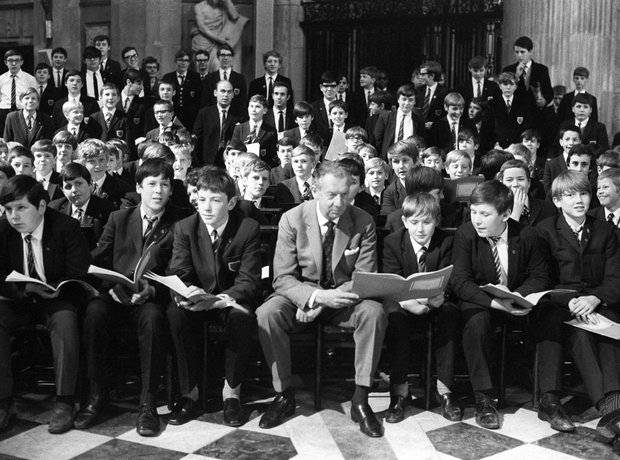
5. Britten's Ceremony of Carols
Composed in 1942, around the same time as the Hymn to Saint Cecilia, this Christmas choral piece is one of Britten's best-known works. It's scored for three-part treble chorus, solo voices and harp, and sets eleven Middle English texts.
-
-
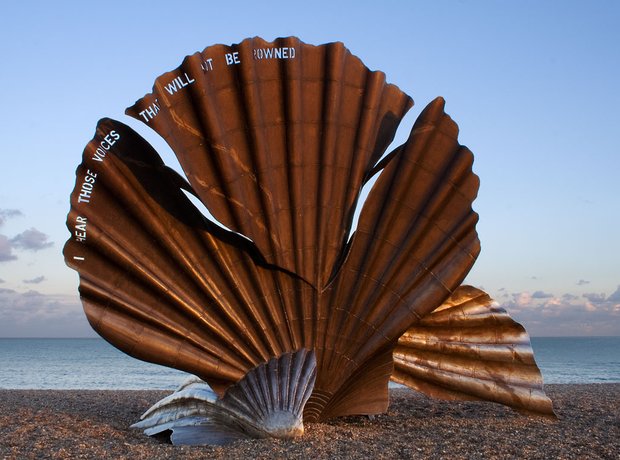
6. Aldeburgh Festival
Benjamin Britten started what was to become the famous Aldeburgh Festival in the Jubilee Hall on Crabbe Street, a few doors down from his first home, in 1948. Now it's one of the highlights of the summer for lovers of classical music, featuring new music by contemporary composers as well as Britten's works.
-
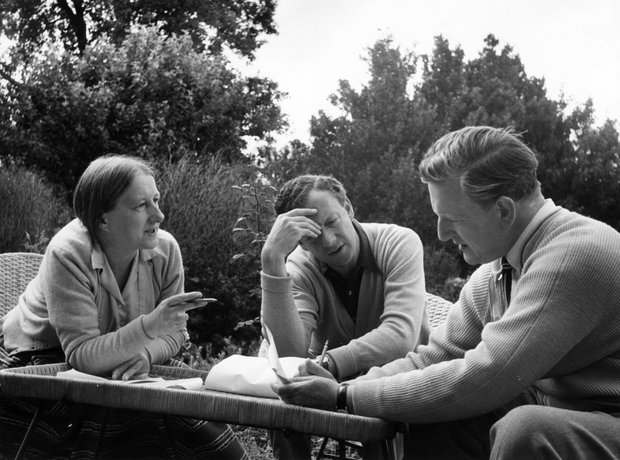
7. Benjamin Britten, Peter Pears and Imogen Holst at Aldeburgh
Britten lived in most of his life in Aldeburgh, in the red house, next to the golf course where he would take brisk afternoon strolls to clear his head for more composing. This picture was taken in 1955 in the garden of Aldeburgh and sees Britten having a discussion with Imogen Holst (daughter of Gustav) and Peter Pears.
-
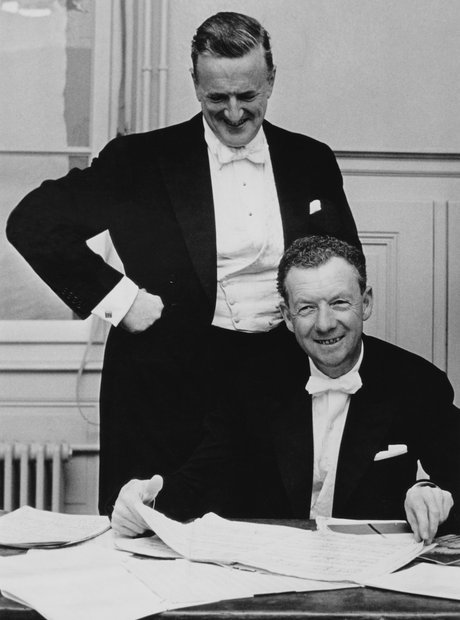
8. Britten and Pears
Together, in a partnership of nearly forty years, Benjamin Britten and Peter Pears created a remarkable musical legacy. They lived and worked together from 1957 until Britten's death in 1976; their red house is now the home of the Britten-Pears Foundation, a musical charity promoting their work.
-
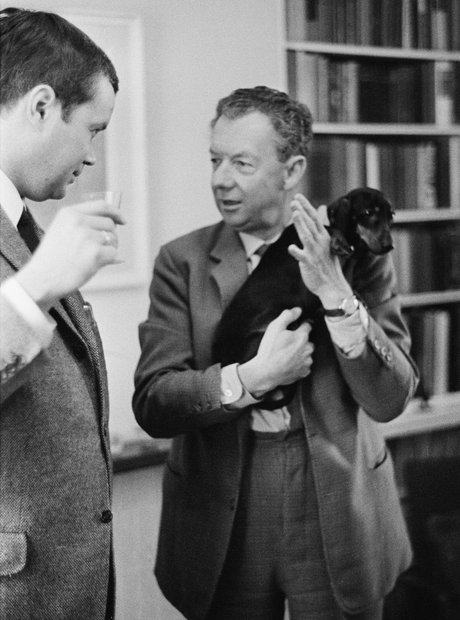
9. Britten the pacifist
Both Britten and Pears were pacifists and applied to be conscientious objectors on their return to England in the middle of World War II. Initially, Britten was only allowed non-combatant service in the military, but gained unconditional exemption on appeal.
-
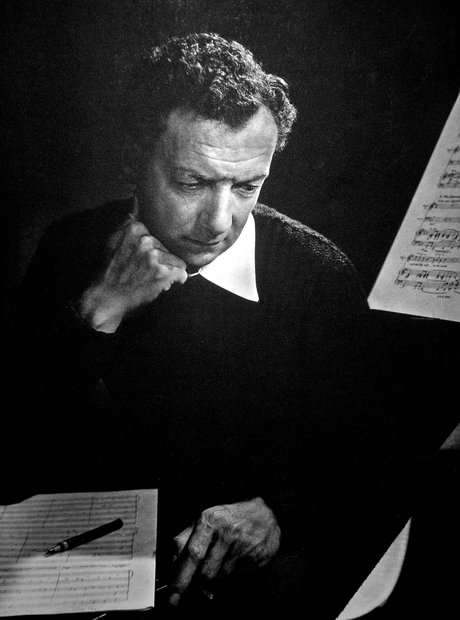
10. Pears' sham marriage?
In the 1950s, Home Secretary David Maxwell Fyfe urged the police to enforce anti-homosexuality laws, resulting in Britten being visited by police in 1953. He was so shaken by the incident that he suggested Pears should enter into a sham marriage to dispel suspicion.
-
-
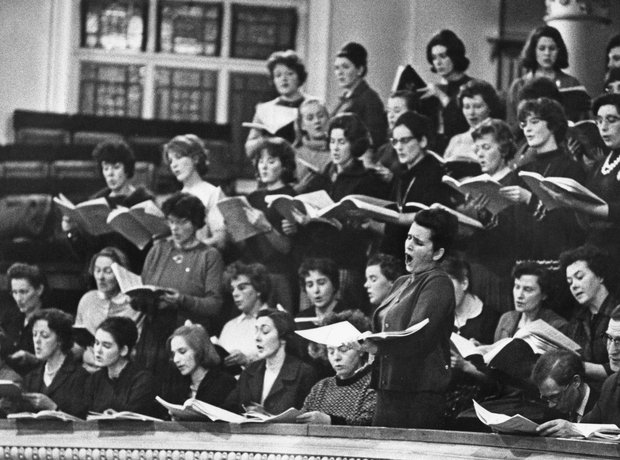
11. Britten's War Requiem
The War Requiem, first performed on 30 May 1962, is among the most famous of Britten's works. It was commissioned to mark the consecration of Coventry Cathedral, which was rebuilt following a bombing raid in World War II. The music sets the traditional Latin text of the Requiem Mass alongside war poetry by Wilfred Owen.
-
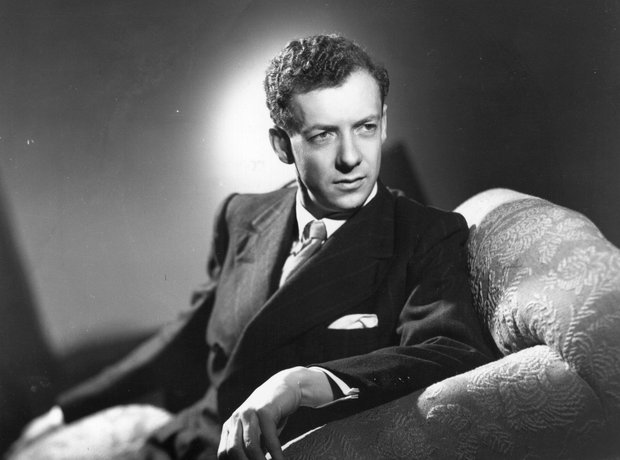
12. Life peerage
Britten was the first composer ever to be honoured with a life peerage, and became Baron Britten, of Aldeburgh in the County of Suffolk in 1976.
-
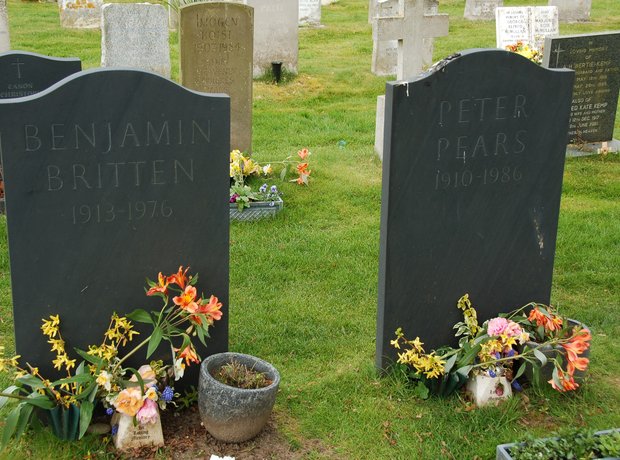
13. Britten's grave
Britten died of heart failure on 4 December 1976. His funeral service was held at Aldeburgh Parish Church and he was buried in the churchyard there. Pears was buried by his side when he died ten years later.
-
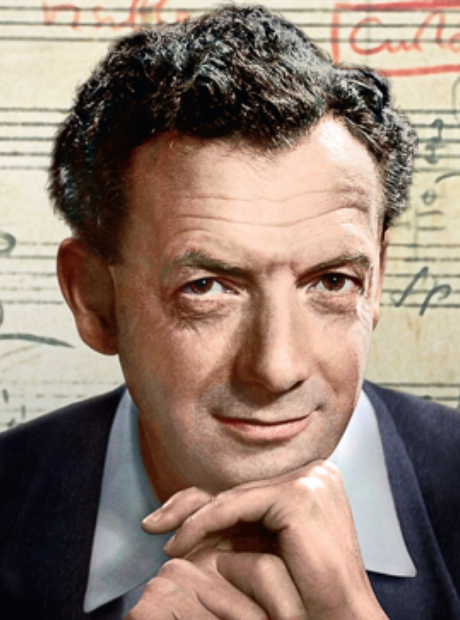
14. Great Britten
In 2013, 100 years since Britten's birth, concerts and events are being held around the world to celebrate the composer's life and music. He's even featuring on a special stamp commemorating 'Great Britons', and a new 50 pence piece. © Stamp Design Royal Mail Group Ltd 2013
-
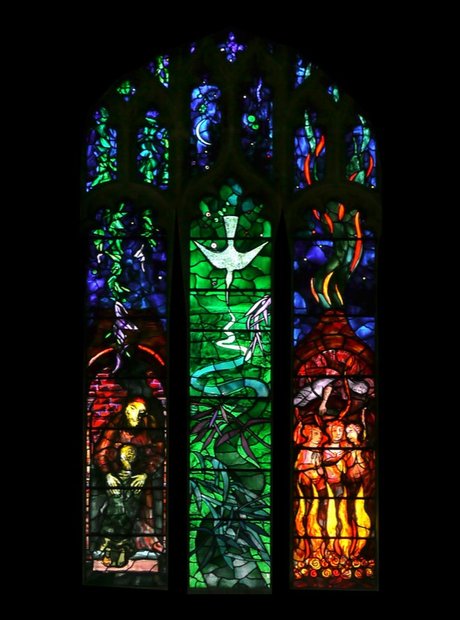
15. Benjamin Britten memorial window
Britten's influence on 20th century music was so profound, he's inspired a number of memorials around his Aldeburgh. Made in 1979, this memorial window in the parish church of St Peter and St Paul's celebrates Britten's three church operas: The Prodigal Son, Curlew River, and the The Burning Firey Furnace.

